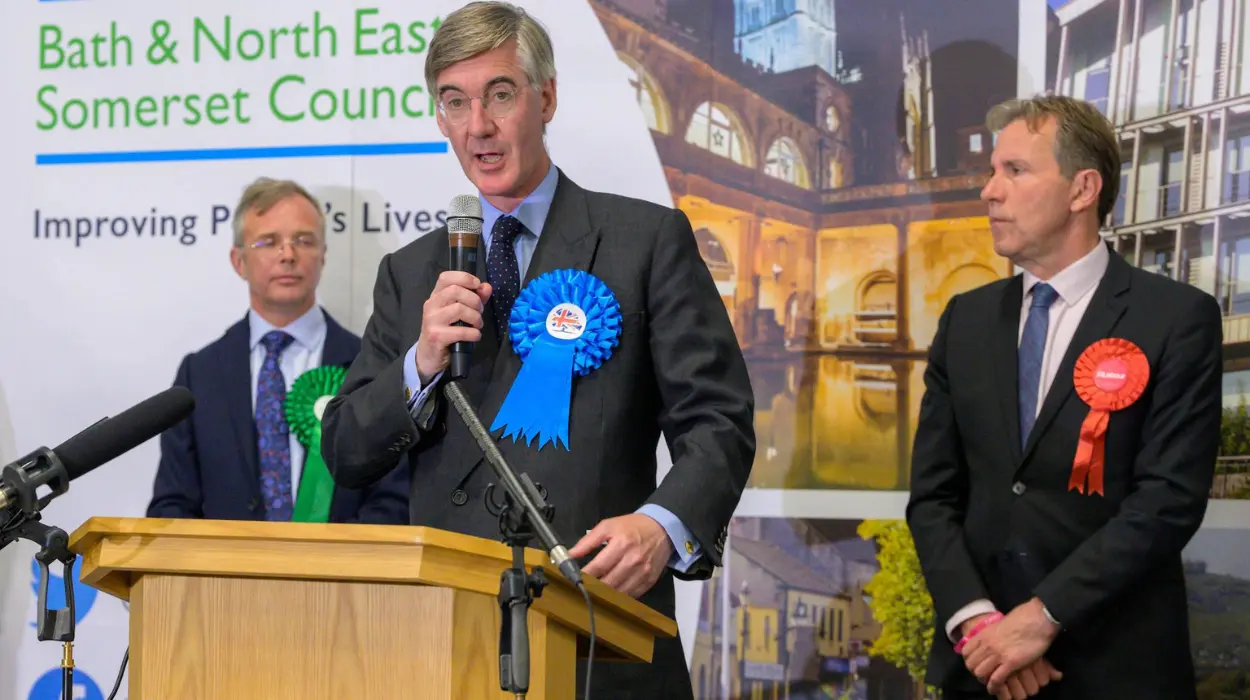UK (Parliament Politics Magazine) – Former Tory MPs will no longer have automatic rights to stand in the next election, with all candidates required to undergo the party’s new selection process.
As reported by The Telegraph, former Conservative MPs will face stricter selection rules and will no longer have an automatic path to stand in the next election.
According to party sources, former MPs must now undergo selection to qualify to stand in the upcoming polls. In the past, the party allowed defeated MPs to return, but a senior party insider said all candidates will now be screened.
What did Tory source say about ex-MPs and new candidate rules?
The source stated,
“We want to be in a position where people are brought in for the right reason. The plan is that previous MPs who lost their seats will be required to go through a selection process so that we’ve encouraged everyone who wants to come back to express interest and put their applications in.”
A party insider said,
“The reason is that there will be many ex-MPs who say, ‘Yes, I want to stand, but I don’t want to stand in my old constituency, I want to stand in a different one’. In which case, they can apply and go through the selection process, but they won’t automatically get a free run.”
They added,
“There is also an issue around certain well-known people wanting to come back who have never been through the current process for selection and validation of candidates because it started after they were originally selected.”
How former Tory MPs are navigating new rules and party defections?
Ex-MPs received preliminary forms in July to indicate their intentions to contest the next election. An insider said the party will start approving or rejecting candidates after its autumn conference.
Dame Penny Mordaunt and Sir Jacob Rees-Mogg are among senior Tory members who lost seats last election and may seek a return to politics.
Sir Jake Berry, ex-party chairman who lost his seat to Labour, confirmed his move to Reform. Also joining Reform UK are Andrea Jenkyns, Lincolnshire’s new mayor, and David Jones, who previously served as Secretary of State for Wales.
The total number of former MPs who have defected rose to 13 with Adam Holloway’s move two weeks ago. Lee Anderson is the only sitting Tory MP to defect to Nigel Farage’s party, winning re-election last July.
Tory tradition has often allowed former MPs to return, contesting safer constituencies than their previous seats. This includes Andrew Mitchell and Michael Fallon, who came back to parliament and became ministers.
Michael Portillo lost in 1997 but returned to parliament two years later as a Tory candidate. The new election rules could upset former Tory MPs wanting a comeback, as some are still unsure whether to stay in the party or join Reform.
Several ex-Tory MPs have defected to Nigel Farage’s party, attracting widespread media attention.
According to a survey by Conservatives Together, about 75% of ex-Tory MPs are keen to re-enter parliament.
What change in UK election rules affects the voting age?
The UK will lower the voting age to 16 by the next general election, amid Labour concerns that it may aid smaller parties.
Prime Minister Keir Starmer and the government defended lowering the voting age. He said working teens and those in the military should have a right in how public funds are used.
Angela Rayner’s views on lowering the voting age
Deputy Prime Minister Angela Rayner said,
“You can’t turn around and say: I don’t like what democracy is going to give, so I’m not giving you democracy. That argument is, to me, a cul-de-sac.”
She stated,
“What we have to do is engage with people about the importance of democracy and the importance of them exercising their democracy, and our argument of why we’re the right people to do the job.”
Ms Rayner added,
“I’m more concerned about misinformation, fake news, the way people get information these days, and how that can skew democracy more so than I am about giving a 16- and 17-year-old the opportunity to exercise their right to vote.”
What did Luke Tryl say about lowering the voting age?
Luke Tryl, More in Common’s director, added,
“Beyond the electoral impact, the bigger question is whether this change will be popular. The public opposes lowering the voting age by a 48% to 27% margin, and it is not near the top of many Britons’ priorities.”


